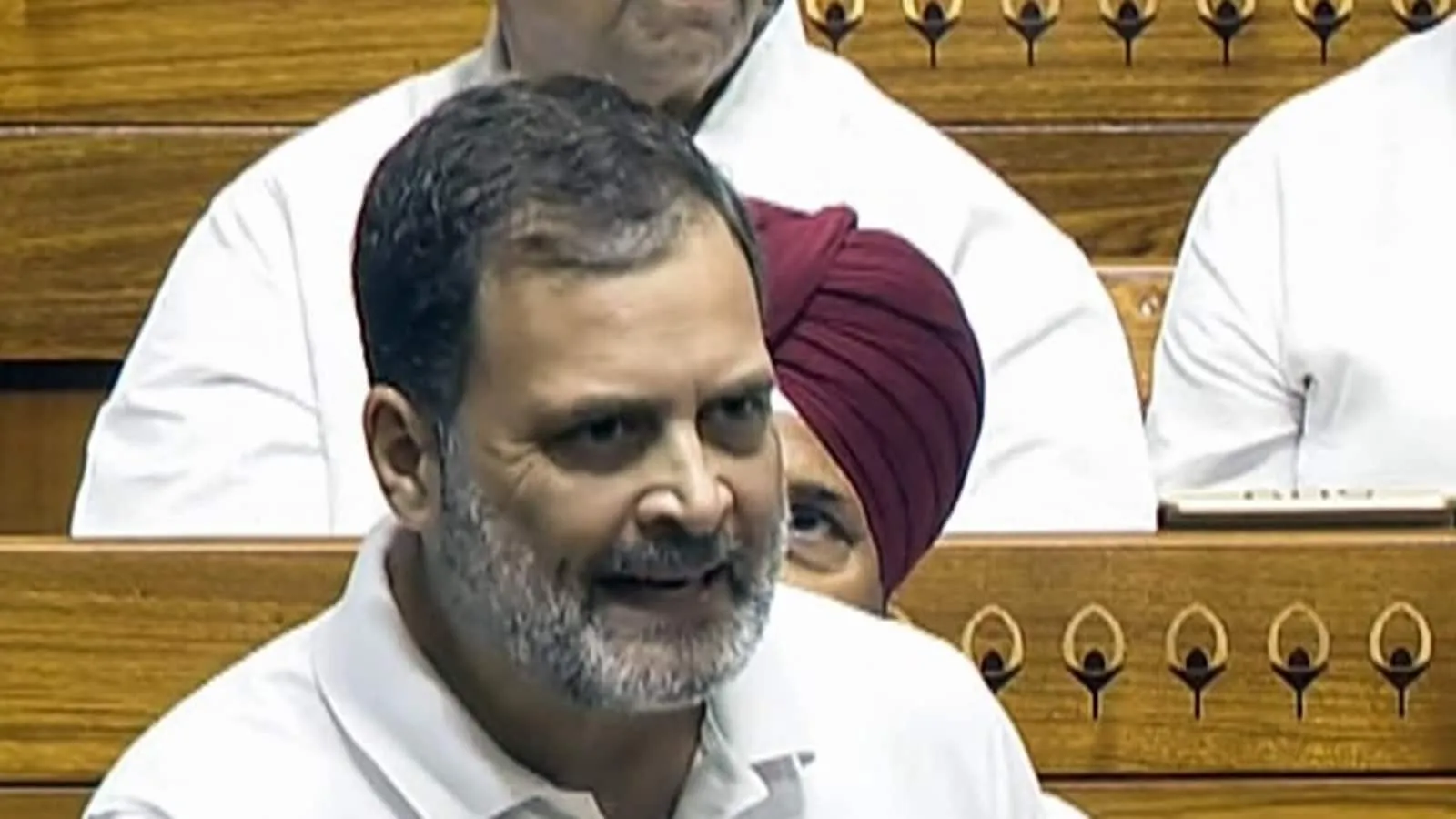India’s Bold Move: 25 OTT Platforms Banned Amidst Content Crackdown
In a significant development for online content regulation, the Indian government has announced a sweeping ban on 25 Over-The-Top (OTT) streaming platforms, including popular names such as Ullu, ALTT (formerly Alt Balaji), Desiflix, and Bull App. This drastic measure, implemented by the Ministry of Information and Broadcasting (I&B), targets platforms accused of distributing “obscene,” “vulgar,” and “pornographic” material, often disguised as “erotic web series” or “adult romance” without proper content moderation.
The crackdown comes after a surge of complaints from parents, women’s rights groups, and the general public regarding the easy accessibility of sexually explicit content, particularly to minors. The government’s directive aims to restrict the circulation of such material and ensure that digital content adheres to established decency and legal standards.
Legal Framework Underpinning the Ban
The ban is a robust enforcement of existing Indian laws and digital media regulations. The Ministry of Electronics and Information Technology (MeitY) acted in consultation with various ministries, including the Ministry of Home Affairs and the Ministry of Women and Child Development, as well as industry bodies like FICCI and CII. The legal provisions invoked include:
- Information Technology Act, 2000: Specifically, provisions that allow the government to block content deemed harmful.
- IT (Intermediary Guidelines and Digital Media Ethics Code) Rules, 2021: These rules mandate a code of ethics for publishers of online curated content.
- Indecent Representation of Women (Prohibition) Act, 1986: Criminalizing the indecent or derogatory portrayal of women.
- Bharatiya Nyaya Sanhita (BNS) 2023: The modernized legal framework that includes definitions of obscenity.
Notifications have been issued to Internet Service Providers (ISPs) and intermediaries to disable public access to these websites and apps within India. A total of 26 websites and 14 apps (nine on Google Play Store, five on Apple App Store) have been blocked.
Targeted Content and Recurrent Violations
The government’s focus is on content that lacks a meaningful storyline or social context and instead features explicit scenes, nudity, and sexual innuendos. Platforms like Ullu and ALTT have been under government scrutiny previously; the National Commission on Protection of Child Rights (NCPCR) flagged their content in 2024. Despite earlier advisories and warnings issued in September 2024, these platforms allegedly continued to publish objectionable content. Some platforms, which were even blocked in March 2024, reportedly re-emerged with obscene content on new domains, necessitating this comprehensive action.
Union Minister Anurag Singh Thakur has consistently emphasized the responsibility of platforms to avoid propagating obscenity under the guise of ‘creative expression’. Even self-regulatory bodies like the Digital Publisher Content Grievances Council (DPCGC) had taken action against violators, noting that some platforms like Ullu would re-upload unedited versions of content to circumvent warnings.
Impact and Future of Digital Media in India
This ban signifies a stricter enforcement approach to online content regulation in India. ISPs have been instructed to block all associated domains, apps, mirror links, and social media handles of the banned platforms. App stores have also been directed to delist these applications. Cybercrime cells have initiated investigations into the funding, content creation, and individuals involved.
It’s important to note that major mainstream OTT platforms like Netflix, Amazon Prime Video, Hotstar, and Zee5 are not affected by this ban. These platforms operate under a self-regulation model and are generally compliant with the IT Rules 2021.
While a large section of society has welcomed this move as crucial for protecting youth and upholding women’s dignity, it also ignites debates about censorship, government overreach, and the balance between creative freedom and public morality in the digital age. The future of online content regulation in India will likely see continued efforts to refine guidelines and ensure responsible content dissemination.






